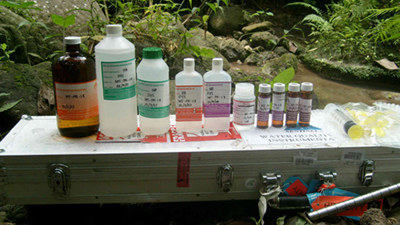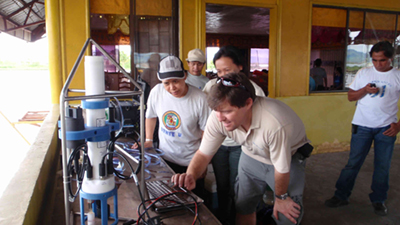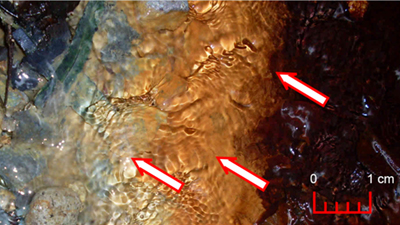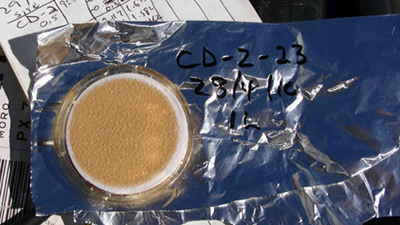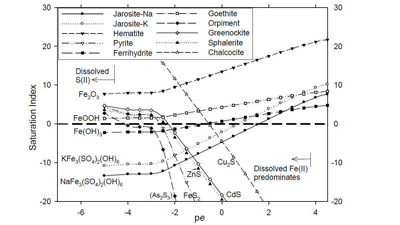Our Services
Hydrobiology provides services in aqueous environmental geochemistry for baseline, investigative, operational and project closure requirements. Environmental geochemistry is the study of the chemical, physical and biological processes that control water and sediment quality. There are strong links with our ecotoxicology expertise allowing for an integrated assessment of the controls and impacts on environmental values. Hydrobiology often provides specialist technical assessors and advisors for projects with specific water and sediment quality issues.
Skills and Techniques
Hydrobiology has expertise and experience in investigative techniques for environmental geochemistry. These include advanced sampling and analysis techniques developed in partnership with various laboratory service providers for specific projects.
Hydrobiology has applied geochemical sampling techniques to a range of aquatic environments from marine to rivers, lakes and wetlands. We have studied some of south-east Asia’s most important lacustrine systems including the Malili Lakes (Indonesia), Lake Buluan (Philippines) and lakes Murray, Kutubu and Lelua in PNG. This experience has complimented our mine pit lake expertise and studies of Australian reservoirs.
Hydrobiology has developed in-house methods for ultra-trace metals sampling in the low parts per trillion range in fresh and marine waters. This is achieved through using clean materials and techniques suitable for comparison of data to stringent environmental protection criteria. Sampling of small scale gradients in toxicant concentrations across the sediment-water interface can be used to estimate transfer rates to/from the overlying waters.
Senior staff members are regularly asked to present at industry conferences and lead workshops for environmental management professionals in the area of monitoring and impact assessment.
Our key skills and techniques include:
- Monitoring program design and implementation;
- Acid Rock Drainage (ARD)/Acid Sulphate Soils (ASS) assessments;
- Waterbody chemical, physical and biological process investigations;
- Geochemical speciation sampling and modelling (e.g. PHREEQC);
- Effluent discharge/receiving water interaction;
- Mine pit lake studies; and
- Sediment disturbance impact assessment (e.g. dredging).
Applications
- Project environmental approvals (EIS, SEIA);
- Baseline data collection;
- Investigative studies to inform management options;
- Support ecotoxicity assessments;
- Pollutant fate studies; and
- Environmental and human health risk assessments.

